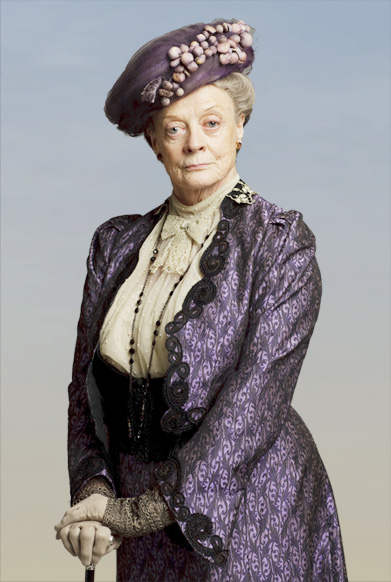Downton Abbey-era attraction offers ‘living banquet’

The Royal Botanic Gardens at Kew will be showcasing a huge range of edible plants from May 25 to November 3 in a vast "living banquet" at the gardens and glass houses treasure just a short tube ride from central London.
The Gardens (including two vast Victorian-era glass hothouse palaces similar to the greenhouses that were standard issue for clandestine romances in Downton Abbey days) will be focusing on over 30,000 species of tasty treats from the plant kingdom.
Visitors at Kew will be greeted by a larger-than-life living banquet, set beside the iconic Palm House, a palatial glass greenhouse that Lady Mary and Matthew Crawley could be well imagined strolling through arm in arm.
The Palm House itself will become a rainforest larder, emphasizing exotic edible plants, from the most familiar, like the fabulous banana collection, to the most unusual. Kew Gardens boasts eight glasshouses altogether, providing 4.5 acres heated to up to 80 degrees Farenheit.
The Great Lawn in front of Kew Palace will become one of the most diverse kitchen gardens in the world with more than 90 edible plants arranged in geographical zones. Visitors will also see how the world’s favorite drink – coffee – is grown and learn how leading coffee experts at Kew have been studying the effect of climate change on wild Arabica coffee. For tea lovers (like Maggie Smith’s Countess of Grantham) there will be a tea plantation and the chance to see and savor a variety of infusions.
Kew Gardens’ expert guides will tour groups to explore the displays, installations and sculptures and relate them to the work that Kew’s scientists and horticulturalists do around the world.
Running for five months, the festival will evolve seasonally within the ever-changing 326-acre World Heritage Site landscape at Kew Gardens. In autumn, giant pumpkins will be featured and fungi (like mushrooms and their kin) will take center stage. Kew Gardens’ fungal herbarium is home to the world’s largest and most comprehensive collection of preserved fungi. Landed gentry like the Crawleys traditionally had a fascination with fungi and often went on stylish mushroom hunts during the spring. The mushrooms would be used in banquets (by the downstairs staff, of course) and sometimes studied by the landed gentry (like Matthew) who were often amateur naturalists.
Discounts during Kew’s edible plant year will be available for travel trade and group bookings, and private guided tours are available with Kew Gardens guides.
Key is also a major attraction for MICE groups with a series of unique venues from a reception in the Princess of Wales Conservatory for 200 people to weddings and corporate events in Cambridge Cottage. The Orangery can host three course dinners for up to 200 people and the modern Banks Building is also versatile new events space:
http://www.kew.org/business-venue-hire/kew-events/index.htm

Palm House, Royal Botanic Gardens, Kew
Visit www.kew.org/groups or contact Kew Gardens group bookings office for further information, tel. 0208 332 5648; email: [email protected].
 United Kingdom
United Kingdom United States
United States Asia Pacific
Asia Pacific












































Dozens fall ill in P&O Cruises ship outbreak
Turkish Airlines flight in emergency landing after pilot dies
Boy falls to death on cruise ship
Unexpected wave rocks cruise ship
Woman dies after going overboard in English Channel